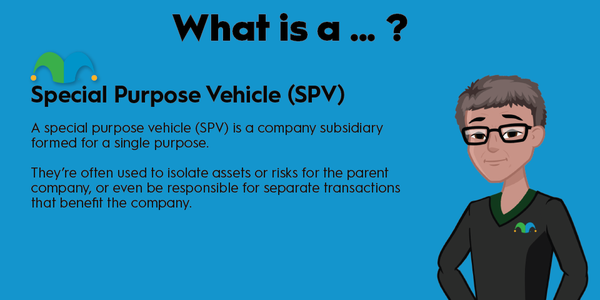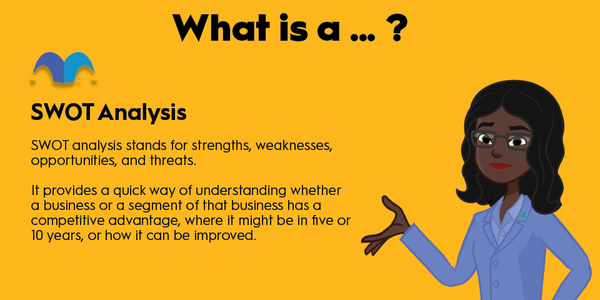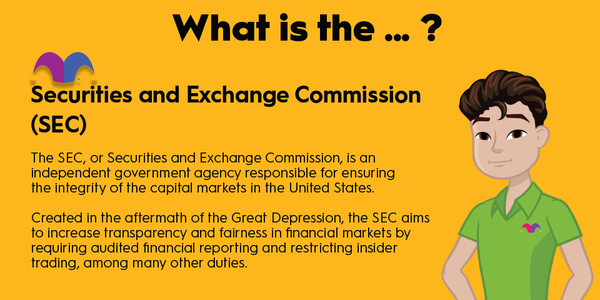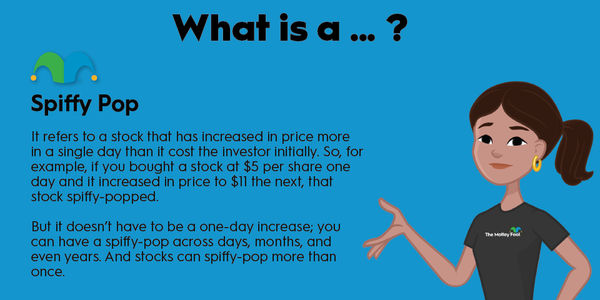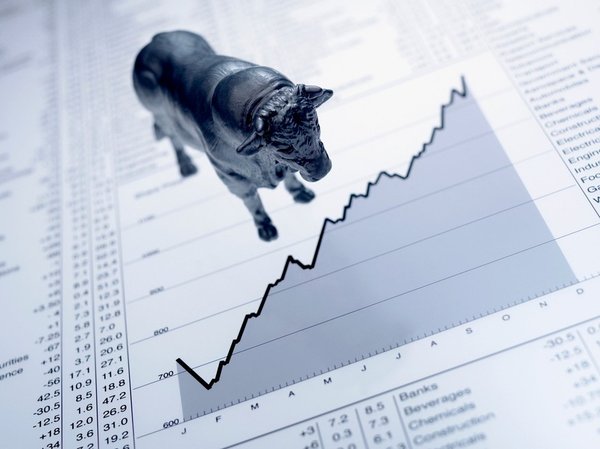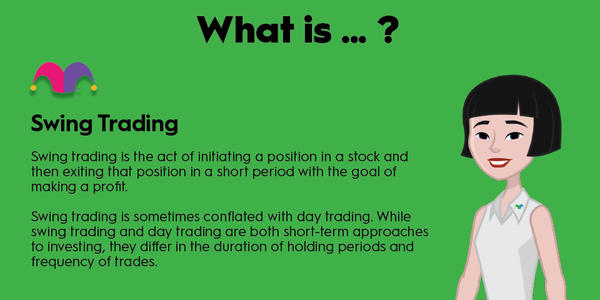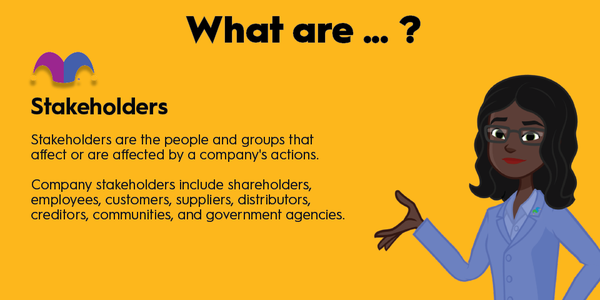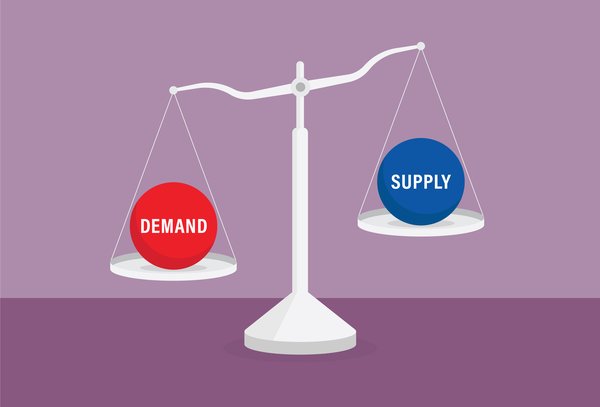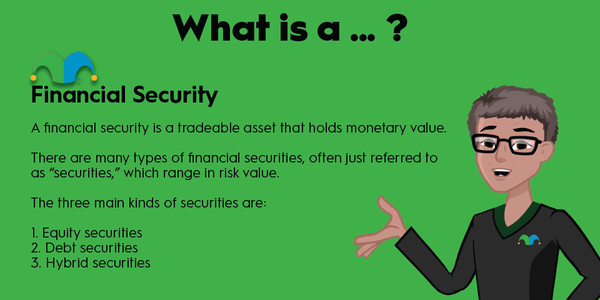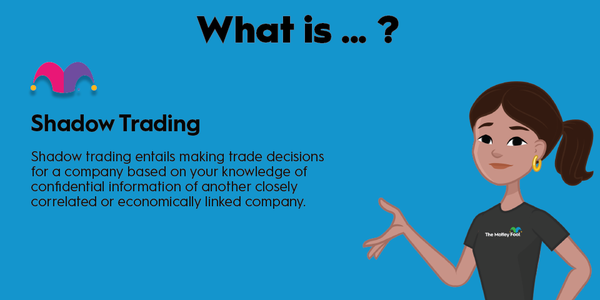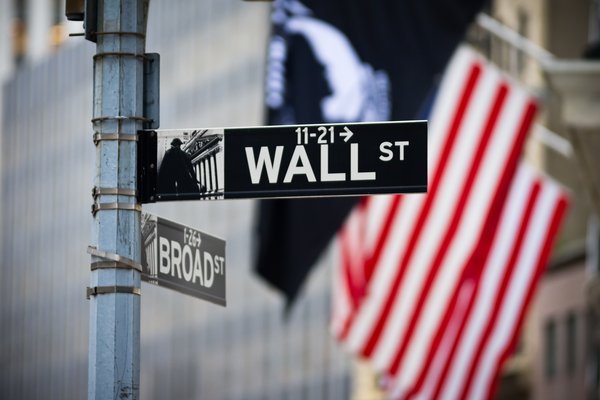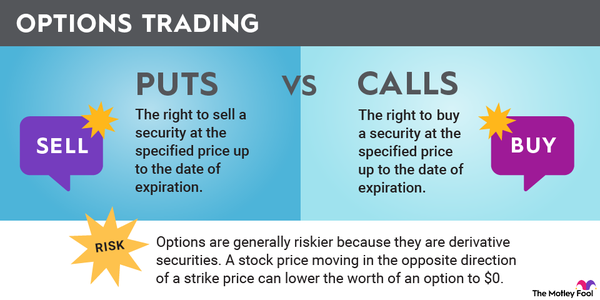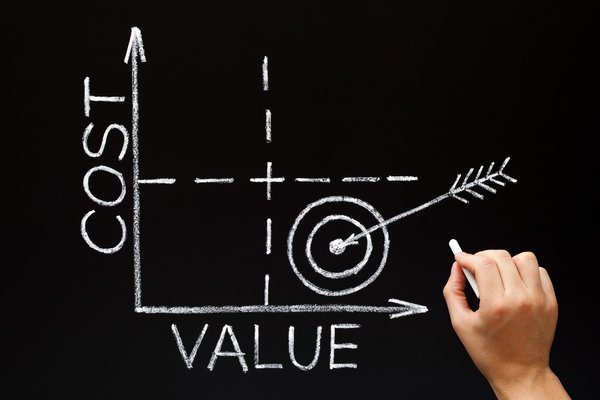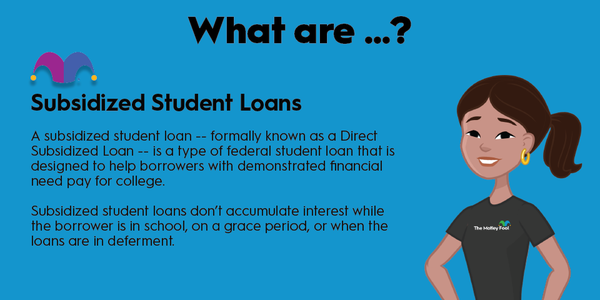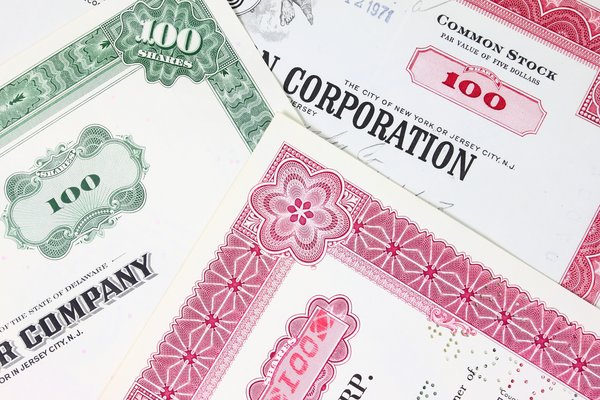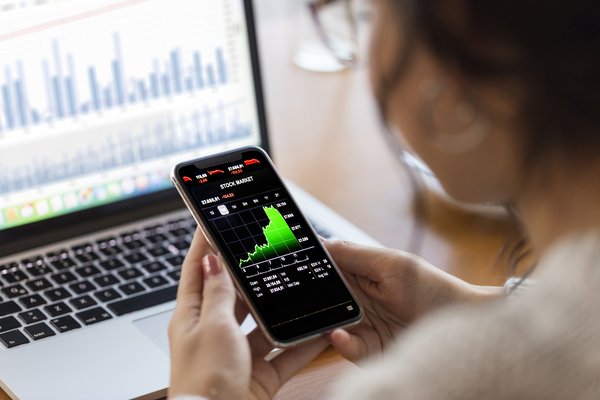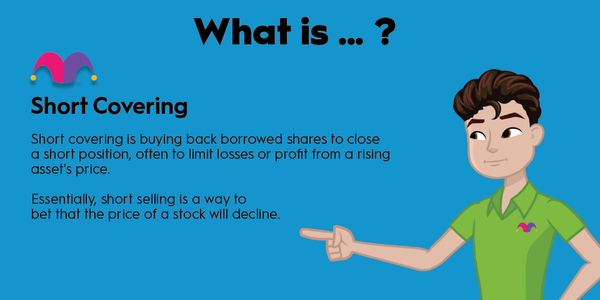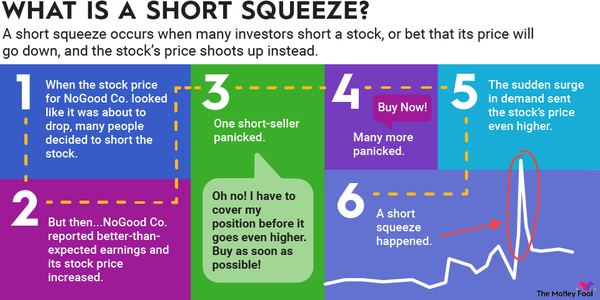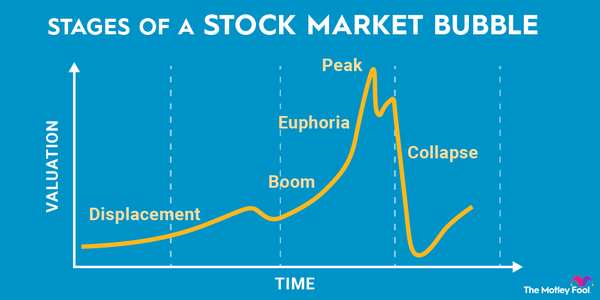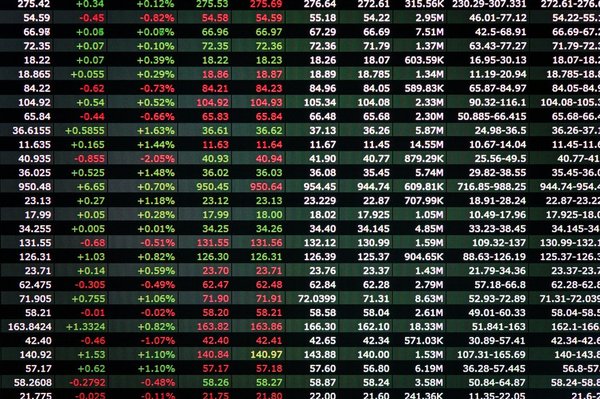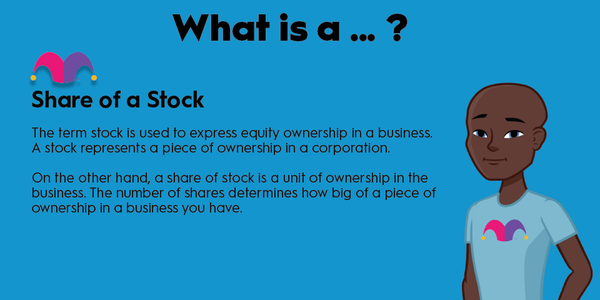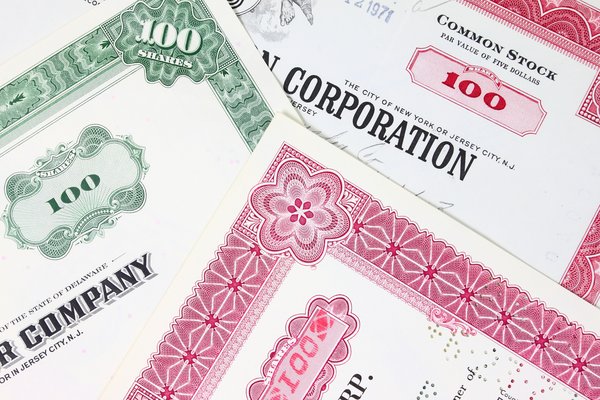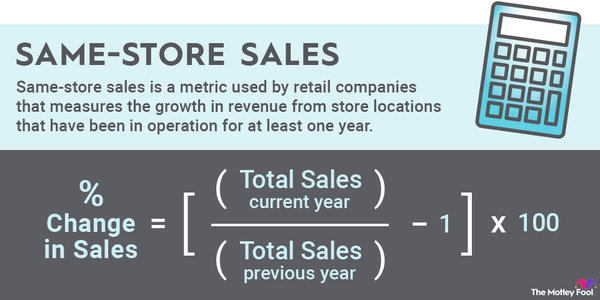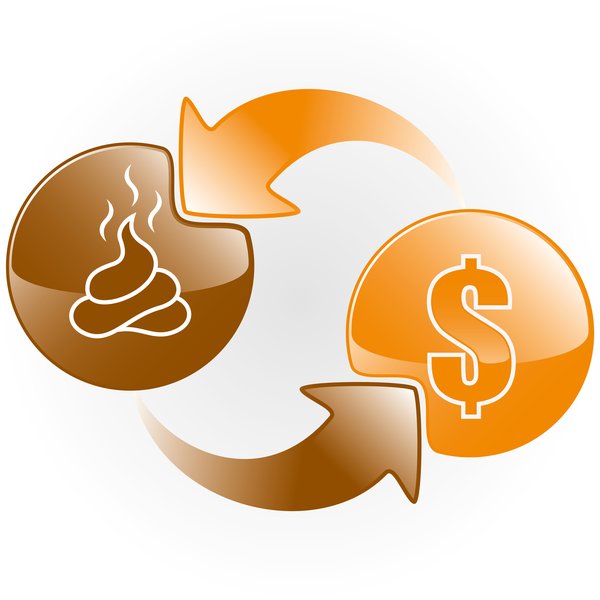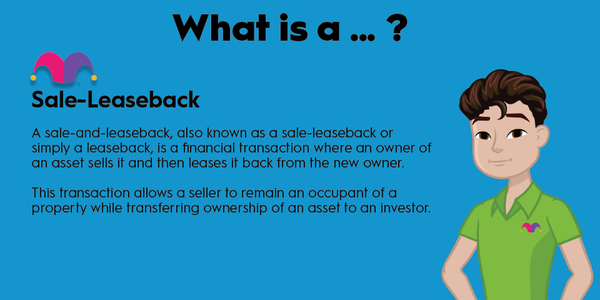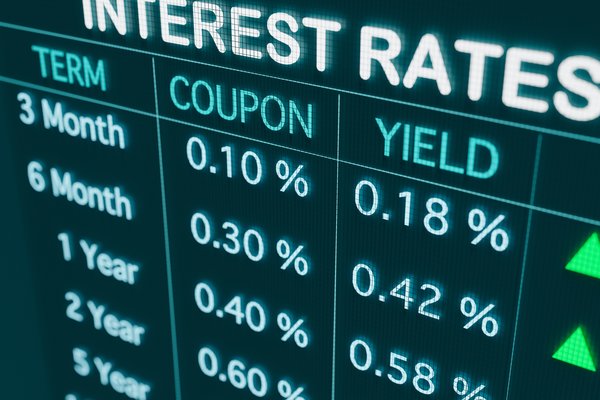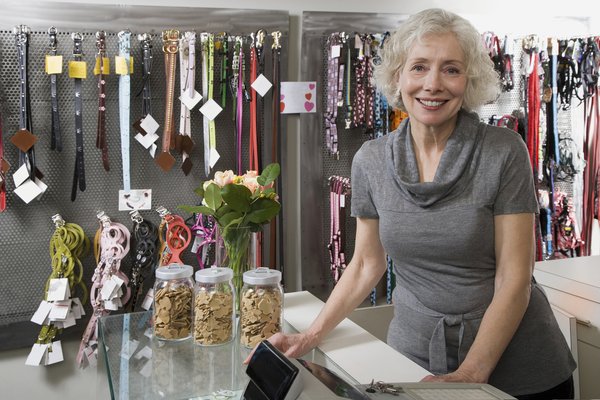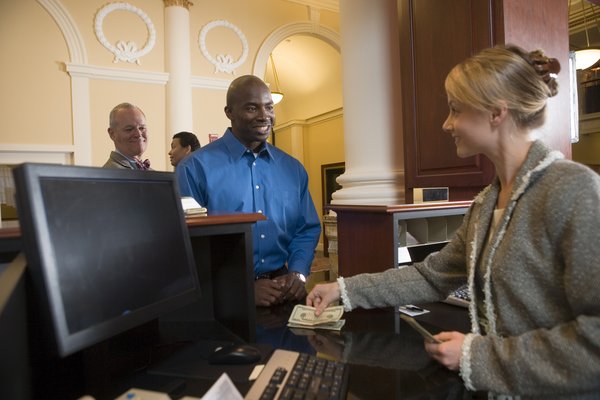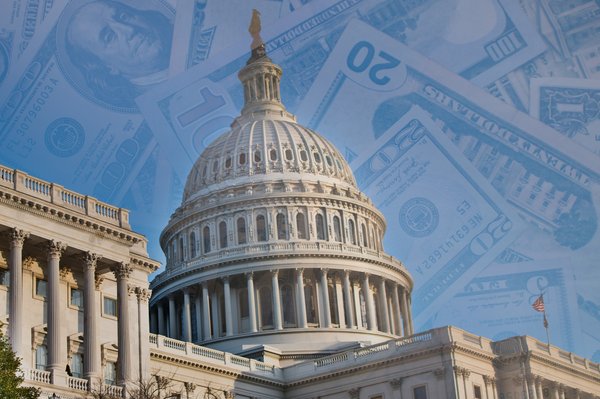For most people, the venture capital process is shrouded in mystery.
While the process of going from a privately held company to a publicly traded one through an IPO includes plenty of documentation (including filings with the Securities and Exchange Commission), the initial fundraising happens out of view. That process begins with the seed funding round, the first official capital that a start-up raises from professional investors.
SEC (Securities and Exchange Commission)

What is seed funding, exactly?
What is seed funding, exactly?
These days, most high-profile companies grow through venture capital funding, which means beginning with seed funding.
As the name indicates, seed funding is the first round of capital that a start-up raises, and it comes before subsequent funding rounds labeled for letters of the alphabet (Series A, Series B, etc.).
It allows new companies to get off the ground and pay for basic needs like office space, employees, tech needs like cloud infrastructure services, and research equipment.
Some companies might raise a pre-seed round, which is even smaller than the seed funding round, and typically comes from friends and family. A pre-seed round typically raises between $50,000 and $250,000.
How do companies raise seed funding?
How do companies raise seed funding?
Start-ups need money to get their businesses launched, and that's where fundraising comes in.
These companies typically pitch their ideas and qualifications to venture capitalists who may choose to fund a company if they believe in the idea.
Seed rounds represent the first official money that a start-up raises. Depending on the company and the founder, it may require a product or a prototype before anyone is willing to invest in the company.
High-profile founders may be able to raise seed funding with just an idea. This includes founders that have successful exits from past exits, meaning their business has gone public or been acquired, allowing early investors to cash out.
Typically, the start-up meets with venture capital firms with the aim of selling them on their business idea and raising enough cash to grow the business and get to their next fundraising round, typically in 12 to 18 months.
In addition to a business plan, an idea, and even a product, founders must also explain how they plan to spend the money, most of which is typically spent on employees.
How are seed funding rounds structured?
How are seed funding rounds structured?
Like other venture funding rounds, seed rounds typically have multiple participants, with one firm leading the round.
In Silicon Valley, seed rounds are usually structured as convertible debt or agreements for future equity. Convertible debt allows investors to exchange their debt for equity if the stock reaches a certain price, giving them an upside if the company is successful while still protecting them if the company doesn't reach its potential.
Equity
Setting a value is another challenge that start-ups and investors face. Typically, seed rounds typically raise between $500,000 and $2 million, and valuations range from $2 million to $10 million, enough for a company to fund a small group of engineers, for example, to demonstrate progress and proof of concept.
Alternatives to seed funding include crowdfunding platforms like Kickstarter or finding an angel investor, who is generally a wealthy individual interested in funding start-ups. If your business idea is smaller than what VCs are typically interested in, these may be better options.
One example of seed funding
One example of seed funding
Sometimes, seed rounds can be much larger than the average. Mistral AI, a new generative artificial intelligence (AI) start-up founded by alums of Alphabet (GOOG 0.74%)(GOOGL 0.55%) and Meta (META -0.52%), just raised $113 million in its seed funding round without a product or employees, making it one of the biggest seed rounds ever for a European AI start-up.
That fundraiser shows how excited investors are about AI --particularly generative AI -- following the success of ChatGPT, a competitor for Mistral AI.
The initial public offering (IPO) and start-up markets have been quiet over the last year or so as tech stocks crashed, but the start-up market could be rebounding thanks partly to interest in artificial intelligence.
Like the start-up market in general, seed funding is highly correlated with investor sentiment. With a bull market seemingly just around the corner, there are likely even more start-ups being formed, and that means more seed funding rounds for the next blockbuster company.
